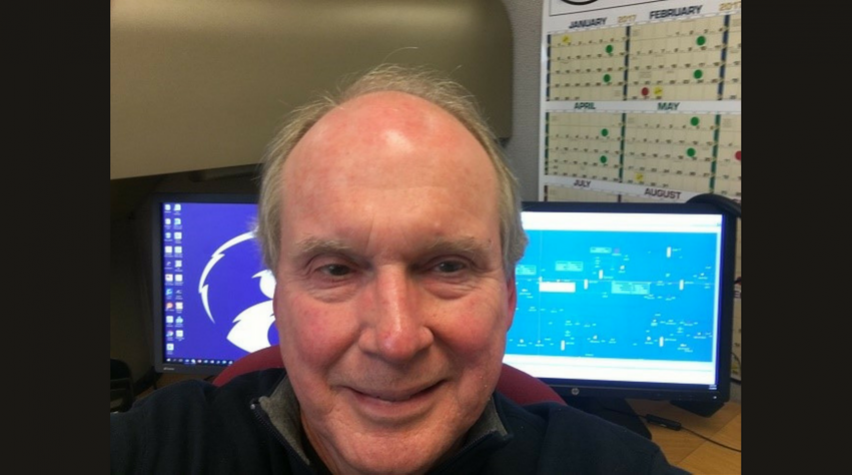
Welcome to the second in a series of AIChE blog posts profiling process engineers, a diverse group of professionals spanning multiple industries and regions. In this series, we aim to profile process engineers who work in diverse fields including petrochemicals, pharma, bulk chemicals, food, or any process-intensive industry.
Are you a member and process engineer interested in being profiled? We'd love to hear from you via this volunteer opportunity. Also, we hope to build an online discussion group specifically for process engineers. You can find out about both of these initiatives and join our efforts by visiting https://www.aiche.org/processengineering.
For our second profile, we meet process engineer Mike A. Ulowetz. He talks about his work as a lead process engineer at Shell International E&P, Inc., specific challenges throughout his career, and the importance of his work.
Tell us a bit about your work as a process engineer.
The project-process design engineering daily work routine has changed radically for the upstream oil business in the last 3 years to now more closely mirror the downstream oil work process where owner/operator companies engineering design staff in oil production/processing in the Gulf of Mexico have shifted to oversight and tech. This assures that the engineering contractor produced designs from having the design work done in house.
My background comes from well over 30 years doing process development, design, and implementation for a range of downstream oil, petrochemical, profit improvement consulting, and engineering equipment companies. During that time, the work process changed to this currently new-to-upstream work process. This gave me a leg up as far as working with EPC contractors and technically assuring their work, from concept development through startup.
I have found the large oil company nomenclature has unnecessarily confused the project-process design work steps with difficult-to-understand terminology. I would recommend it revert to the older and meaningful sequence of 'process business objective/opportunity development,' 'process alternatives development and comparison,' 'choice of winning alternative,' 'design basis development,' 'process design,' 'project design,' 'detailed design,' 'procurement,' 'construction,' 'commissioning,' 'startup,' and 'process design test run.' Wouldn't this be so much easier to understand by large cross discipline engineering groups than terms like 'identify', 'assess', 'select', 'define', 'execute', and 'operate'?
Communication is without a doubt the single most difficult and important challenge.
This is "more than just a thought." Many obstacles and lost/misdirected efforts occur due to poor understanding of what the current primary work process step is and what comes before and afterwards and why.
Why did you become a process engineer?
To have access to a wide range of life learning experiences including traveling, working, and living abroad in diverse cultures. Also to be in the forefront of process technology development as applied on a commercial scale.
What are some of the biggest challenges you face in your role as a process engineer?
Communication is without a doubt the single most difficult and important challenge. I have found that most engineers want to "do the right stuff," but they just have trouble understanding how what they need to do is interrelated with other disciplines, work streams and the overall work stream/schedule.
How is your work as a process engineer critical to your particular job assignment or industry?
The process engineer is typically responsible for the "front end design." i.e., the design objective(s), chosen alternative, design basis, and process design from which the rest of the associated disciplines, work streams and design objectives are defined and executed.
What do you think is most important about what you do as a process engineer?
Helping the owner/operator understand the way the process design satisfies the business objectives.
Connect with Mike on AIChE Engage
Join the Community of Process Engineers
The Community of Process Engineers is brought to you by Scott & Karen Love. Their support enables the AIChE Foundation to advance process engineers at every stage of their career allowing them to Do a World of Good.
AIChE Foundation – Doing a World of Good Campaign



